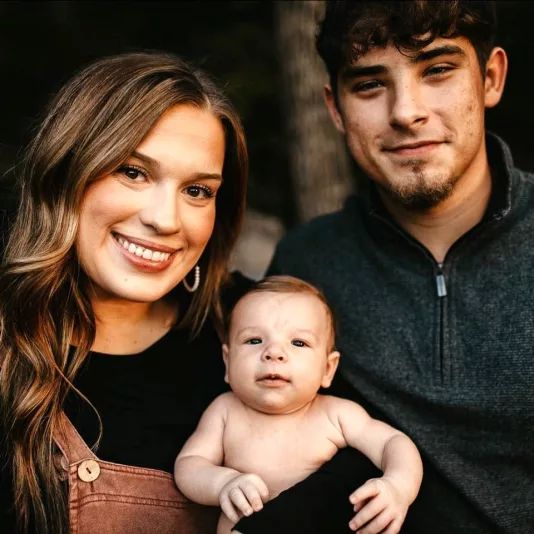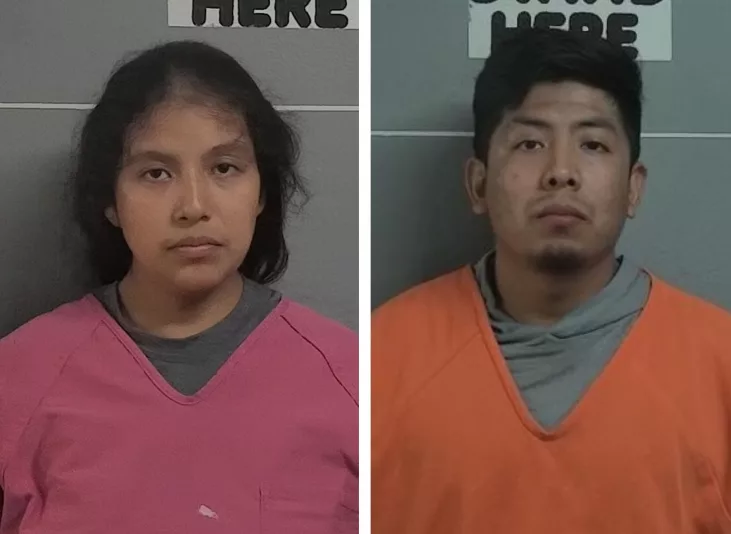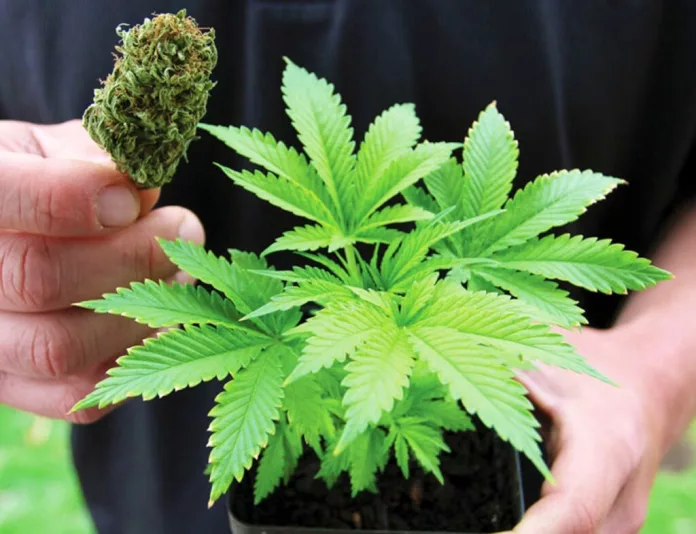
The legacy of tobacco in Kentucky runs deep, leaving an indelible mark on our state’s history, economy, and culture.
For more than two centuries, tobacco was a vital part of Kentucky’s agricultural landscape, shaping the lives and livelihoods of its people. Our fertile soil and favorable climate made this an ideal place to cultivate the crop. Burley tobacco was abundant in the rolling fields of Central Kentucky, while the fertile farmland of the West produces dark-fired and dark air-cured tobacco.
The cash crop still plays a role in our agricultural economy today, as well as helping shape the future as we invest tobacco settlement funds. The tobacco settlement resolved lawsuits filed by states against tobacco companies to recover the costs associated with treating smoking-related illnesses and to curb tobacco use.
This November marks the 25th anniversary of the day that representatives of 46 states signed a comprehensive agreement with several of the nation’s biggest tobacco companies. Even today the agreement is the largest civil settlement in American history, forcing a minimum payout of roughly $206 billion over 25 years.
States received their first payment in April of 2000, and Kentucky received the 2023 payment of $118.2 million earlier this year. Since 1998, the commonwealth has received almost $2.4 billion. While the suit stipulates a 25-year minimum, payments will continue as long as cigarettes are sold by the companies engaged in the settlement.
The legislature determines how the money will be invested and roughly 28.5 percent of the total funds goes to the Finance and Administration Cabinet for rural water and sewer line infrastructure enhancements. Fifty percent is distributed for agriculture programs, with an eye towards filling the gap left by a cash crop that once accounted for a major portion of agricultural receipts; 25 percent for early childhood development programs; and 25 percent for public health care initiatives, such as cancer screenings, and research revolved around smoking cessation and prevention.
Earlier this month, the Tobacco Settlement Agreement Fund Oversight Committee met to hear an update on how master settlement agreement (MSA) funds are being spent and I thought I might use this week’s column to share a bit about the agricultural programs that help get settlement funds into communities to strengthen agriculture.
Working with the legislature, most of Kentucky’s MSA agriculture programs are managed by the Kentucky Office of Agricultural Policy and currently have five different fund programs that may be applied for through local government entities such as your local fiscal court or economic development agency. The five funding programs are the following:
County Agricultural Investment Programs (CAIPs): CAIP provides Kentucky agricultural producers with cost-share assistance that allows them to improve and diversify their current farm operation. It also covers a wide variety of agricultural enterprises in its 11 investment areas, including, but not limited to: bees and honey; equine; forage; beef and dairy cattle; goats and sheep; horticulture; poultry; swine; timber and technology; efficiency and production; farm infrastructure and water enhancement; marketing; and value added production.
Deceased Farm Animal Removal Programs (DARs): which serves as a means to facilitate the coordination of environmentally sound and cost effective disposal of deceased livestock for Kentucky farmers.
Next Generation Farmer Programs, otherwise known as NextGen, which address the ever present need for specialized programming that benefits agrarian producers between the ages of 18 and 40 who have been engaged in an agricultural operation for at least three years.
Shared Use Equipment Program, which assists communities with the purchase of farm equipment. The equipment purchased by the authority in which the funds were issued, become available for use by producers in their respective counties. These programs are accessible through local government to assist farmers who may need an implement but do not have the need to purchase one. This is an incredibly popular and successful use of MSA funds and earlier this year the legislature voted to expand it to include heavy equipment.
Youth Agricultural Incentives Programs (YAIPs), which are in place to encourage youth to engage in agricultural activity and opportunity through different local facets such as FFA or co-ops with farms across the region.
I hope you will not hesitate to reach out to me to share your thoughts on the issues coming before us in Frankfort. As always, I can be reached through the toll-free message line in Frankfort at 1-800-372-7181. You can also contact me via e-mail at Samara.Heavrin@lrc.ky.gov. You can also keep track of interim committee and task force meetings, visit the Kentucky Legislature’s website at legislature.ky.gov.
Samara Heavrin, R-Leitchfield








